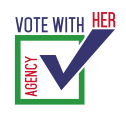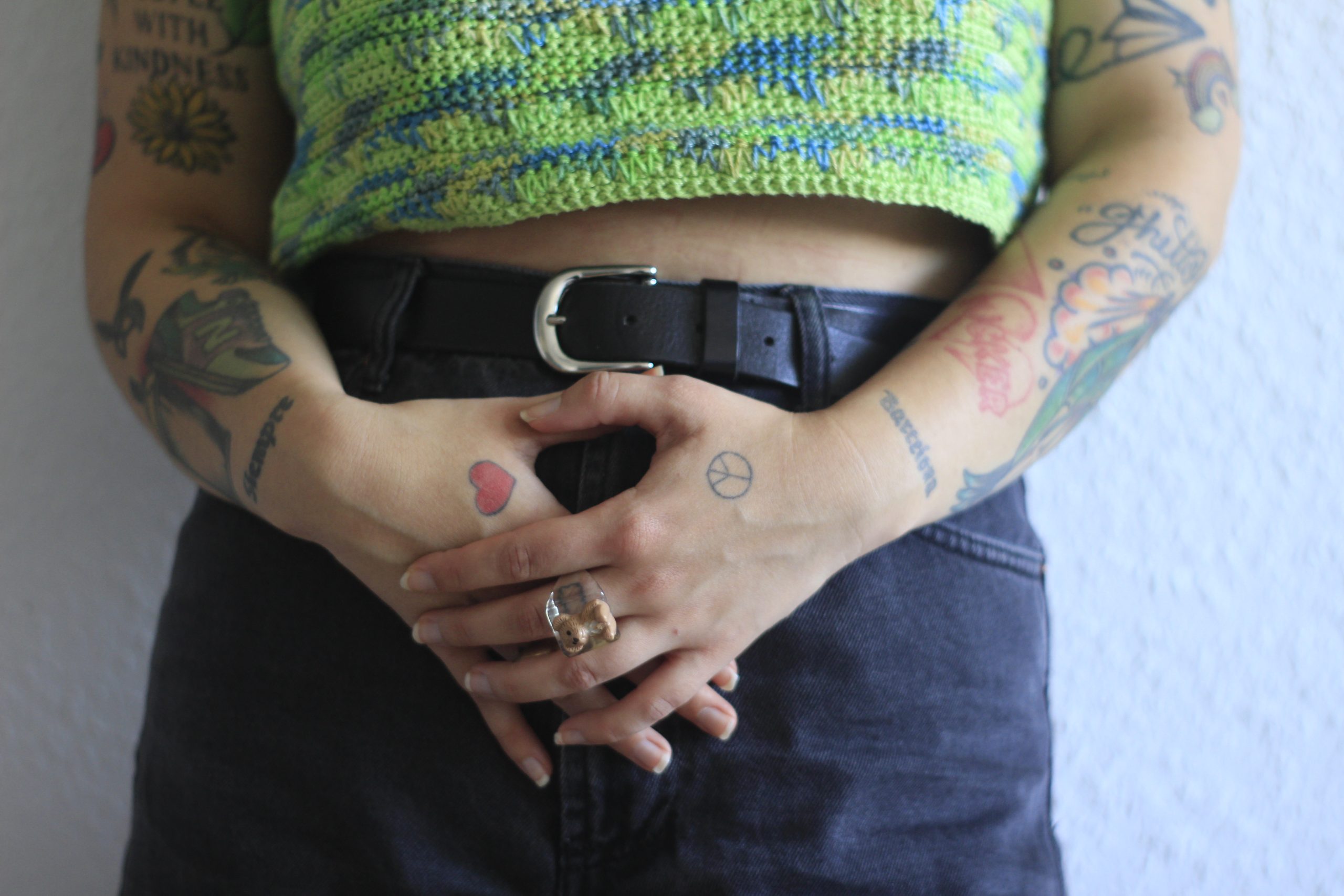
Freelance visa, not all is rainbows and butterflies: The story of Latin American migrant workers
Text and photos by Silvana Ovalle
Public policies are seen as measures to organise, guarantee the rights of everyone and solve problems, among other qualities, but sometimes during their implementation process, these laws might not be as beneficial as intended. In fact, sometimes, public policies can reinforce bordering practices (non-physical) and become detrimental to migrant workers.
This story is about third-country national women residing in Germany on a Freelance visa (Freiberufler) and the challenges they have faced in the country while they try to find new paths and opportunities for their professional careers. Among EU countries which allow freelance workers, Germany along with Italy and France lead the list of self-employee workers according to a recent study (Statista, 2023).
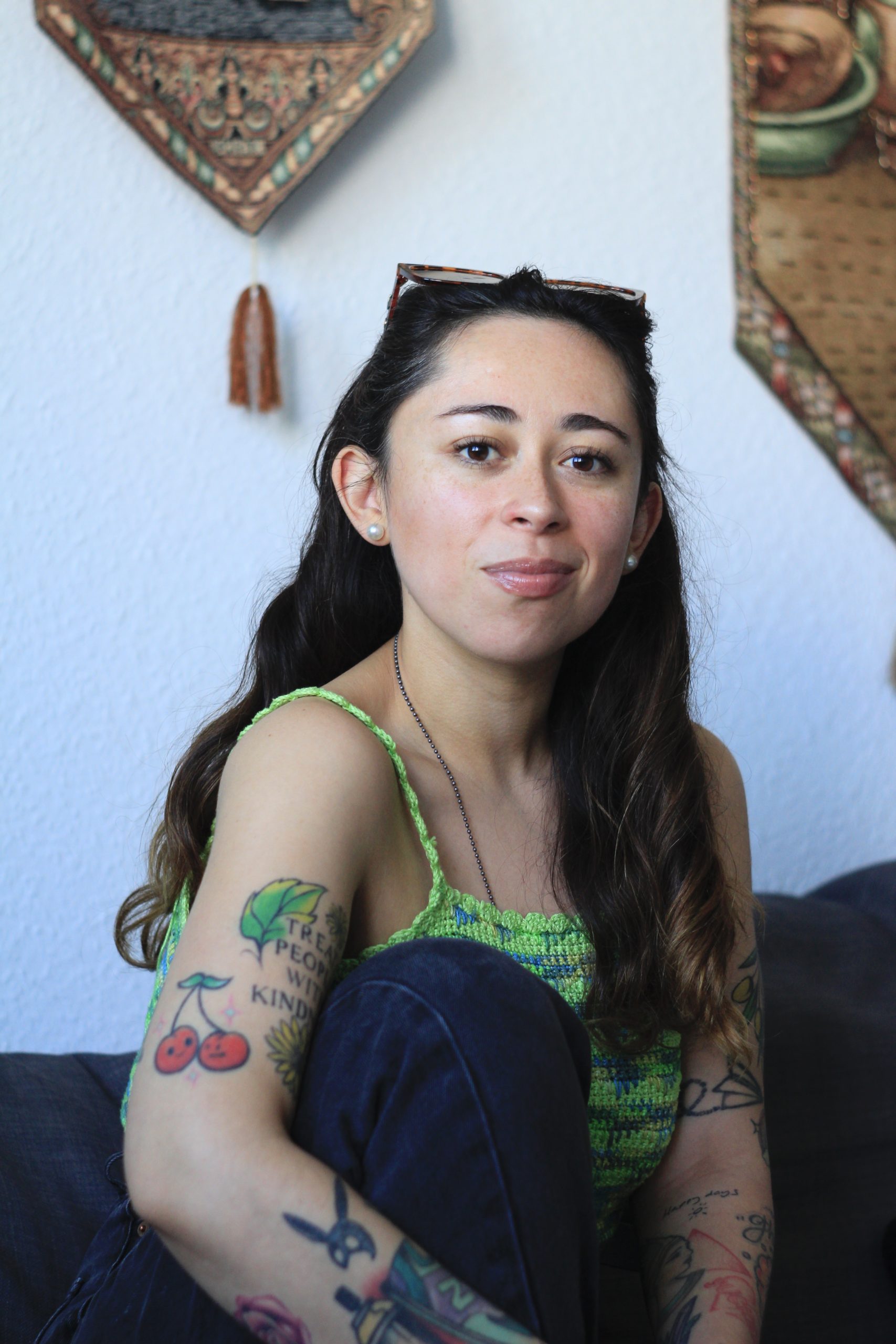
Non-EU citizens have the option of obtaining a work permit in several European countries if they prove to be highly qualified professionals with some years of experience. Amidst the work visas available, the Freelance visa is one of the most popular among the Latin Americans, with hundreds of applications being filled every year, because it provides professionals with a wide range of options and allows them to work for clients outside Germany as well. However, things are not just rainbows and butterflies, this job permit allows only professionals to work as short-term employees for companies. What is more, they have to cover their own health insurance limiting their access to better employment opportunities and to fully integrate into society as the project in which they take part are linked to the quality of their network.
According to recent studies, migrant women struggle three times more than men finding jobs in their areas, because of a lack of good network, and little knowledge of the language spoken in the host country. Moreover, research has shown that more than 40% of migrant women are at risk of social exclusion and poverty (Di Stasio and Larsen, 2020).
This campaign highlights the story of two professional migrant women from Chile, Trinidad (30) designer and Jessica (30) communication specialist and videographer, who in their desire to find more job opportunities and make Berlin their home, have sought multiple channels to show their work and build networks through voluntary work, assisting friends in their personal projects.
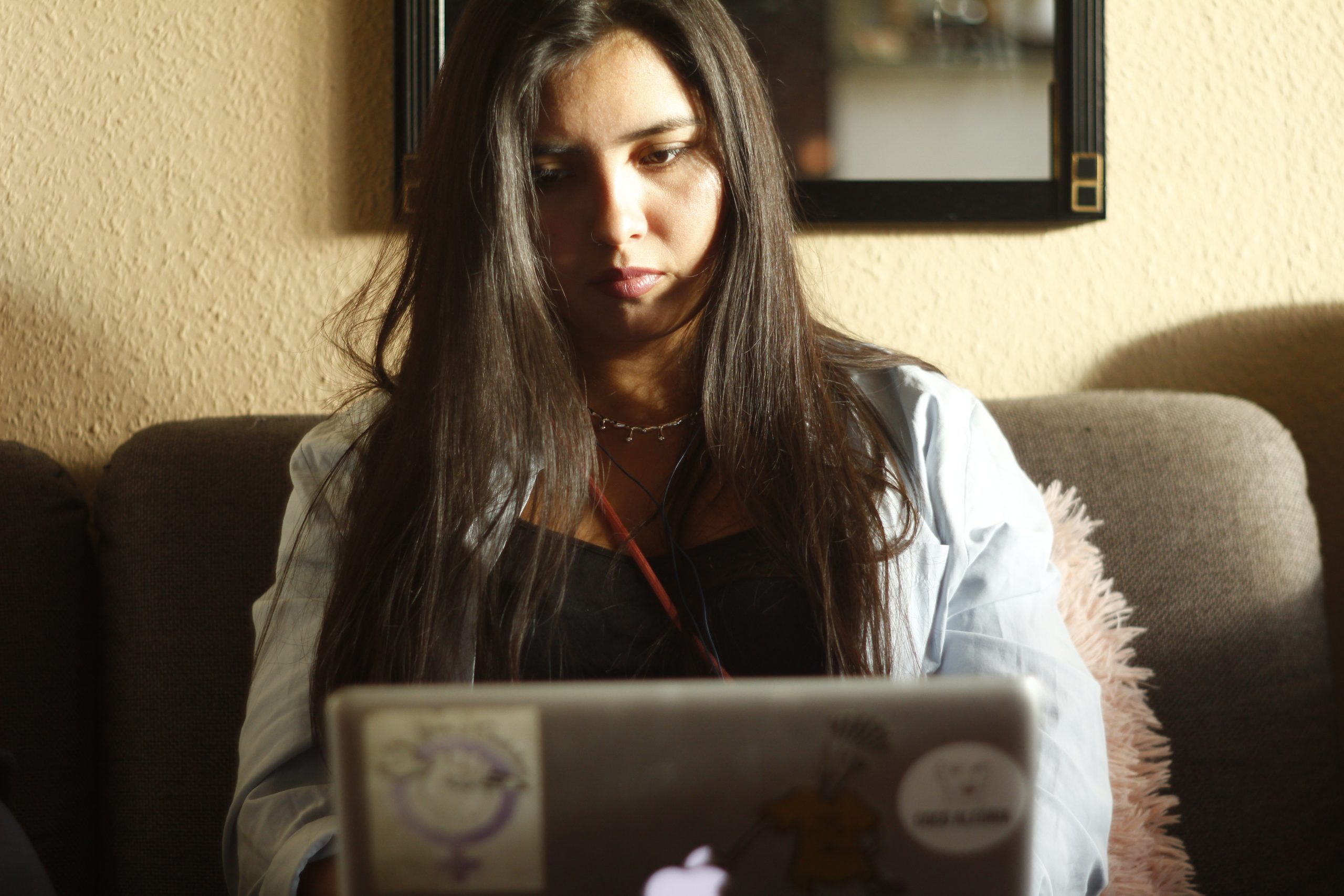
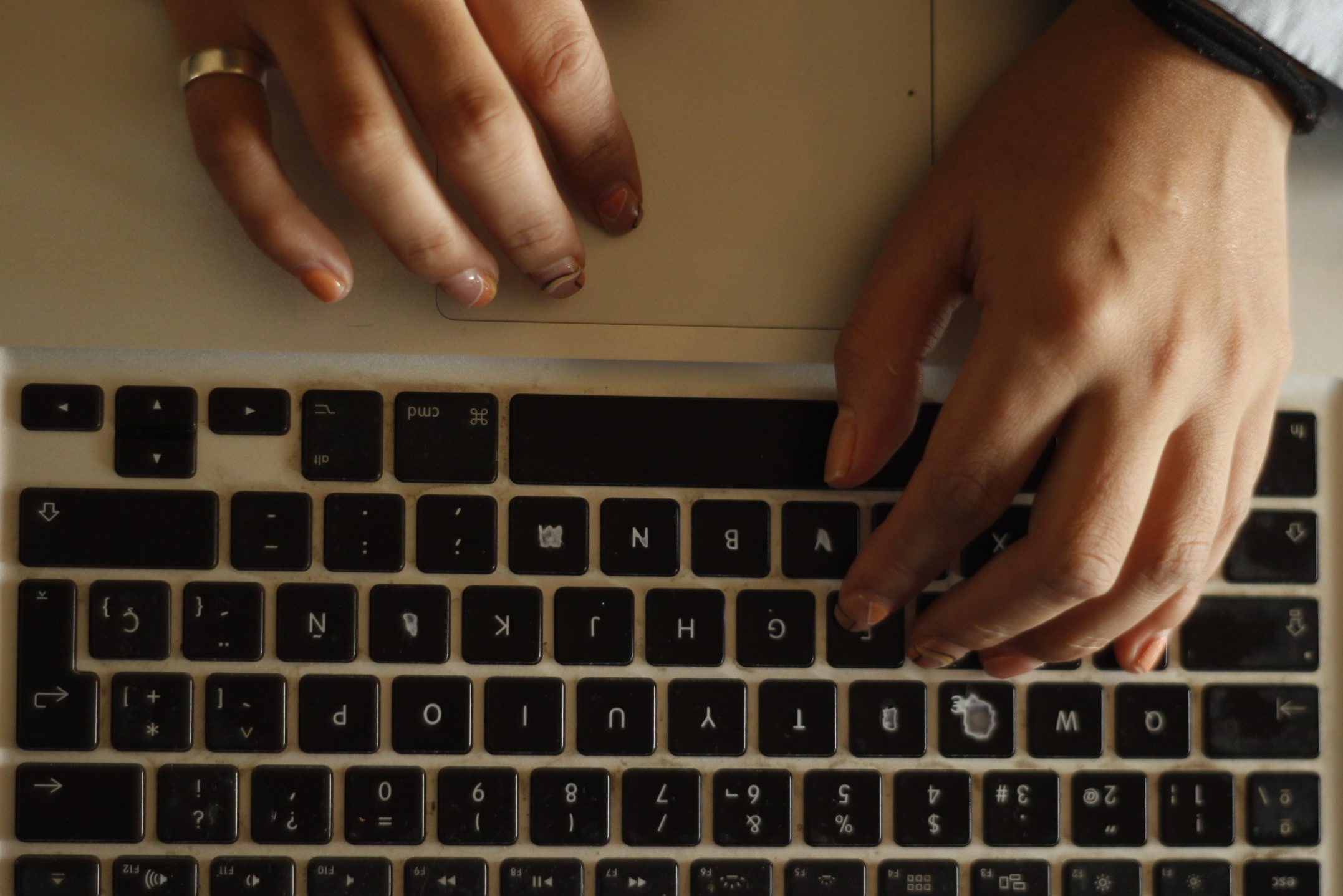
During the interview with Jessica, she commented that her professional experience in Germany had been volunteering. “Basically it was all work I did ad-honorem, mainly to make myself known, to build up a network in Berlin and to gain more experience. Basically to feel more confident.” .
How would you describe your experience looking for job in Berlin?
Jessica: One of the things that frustrated me the most when looking for jobs and opportunities was that I didn’t speak German. Although I took some classes, my level is not enough. In everyday life, English is enough, in Berlin at least, but job offers do ask for German. In communication, German seems to be needed and required. So it was difficult to realise that many of the job offers asked for an advanced level of German.
Besides, not being familiar with the German system or companies in Berlin makes hard to get started without any contacts or support. So it’s a learning process, getting to know everything on your own, without contacts. It is complicated and challenging to generate a network without having the language. It’s frustrating because in your country you studied at a good university and you already had a good path and here it’s all from scratch, that’s been the hardest part. Additionally, it cost money to buy all the devices needed to offer a services and without projects it is not affordable and possible.
Trinidad agrees with Jessica in the importance of having a good network and says: “As a freelancer in Chile it was easy to look for a job as I have a good network, friends or former colleagues working in the design or marketing industry. Therefore, I always had some projects going on, but in Germany it has been difficult, as I don’t have many contacts, I don’t know many people and the market here is stronger and more difficult to enter, too many people work as a designer, even without an academic background. Nowadays, there are many tools and software that people use to make their projects, anyone can be a freelance designer. Also, it is difficult to find someone who will give you the opportunity.”
“For me, realising the importance of good networking has been one of the biggest lessons, because it is one of the keys to survival. I feel that in Germany I started working on anything to survive, not just to live, and it’s sad”.
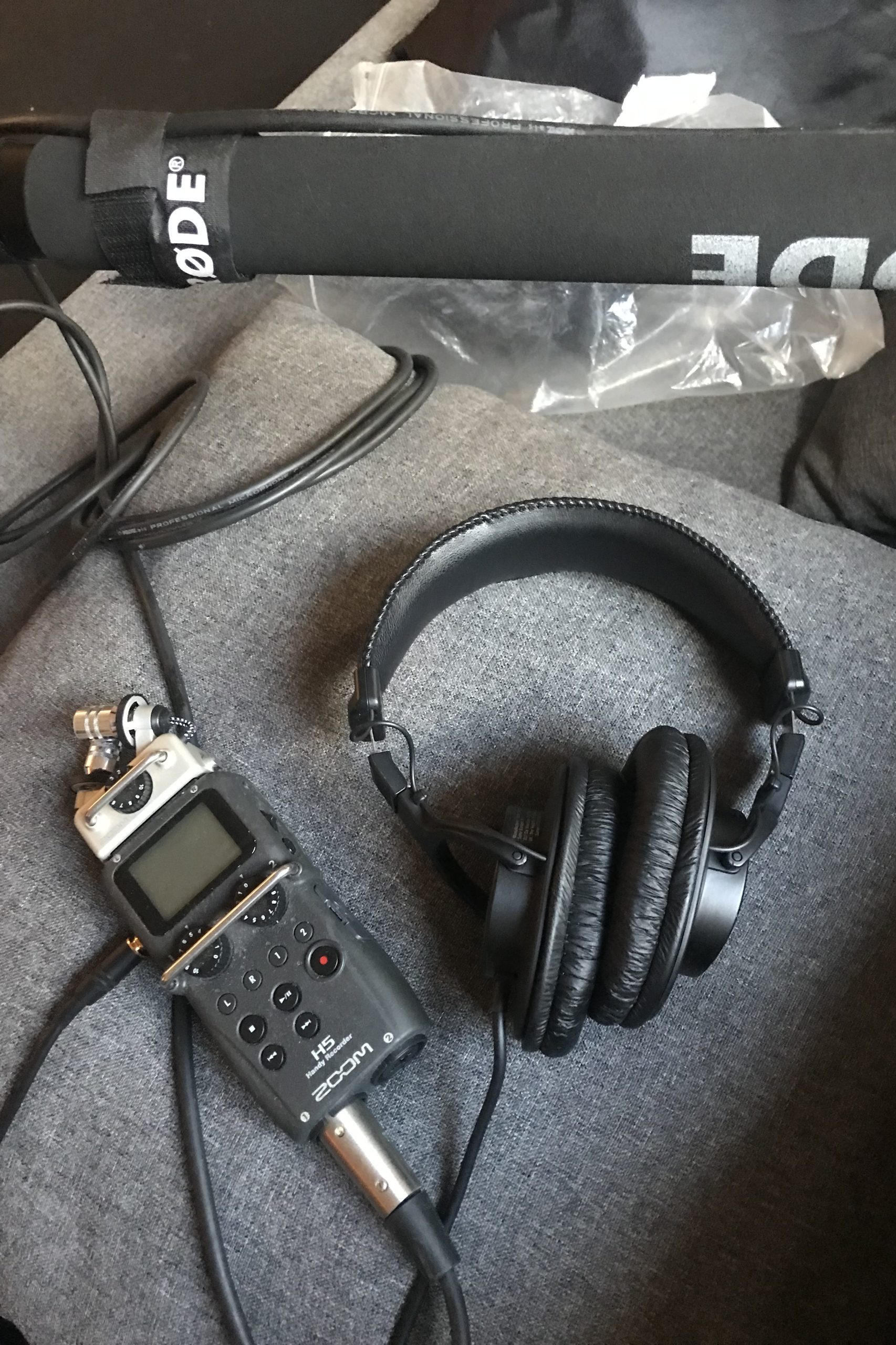
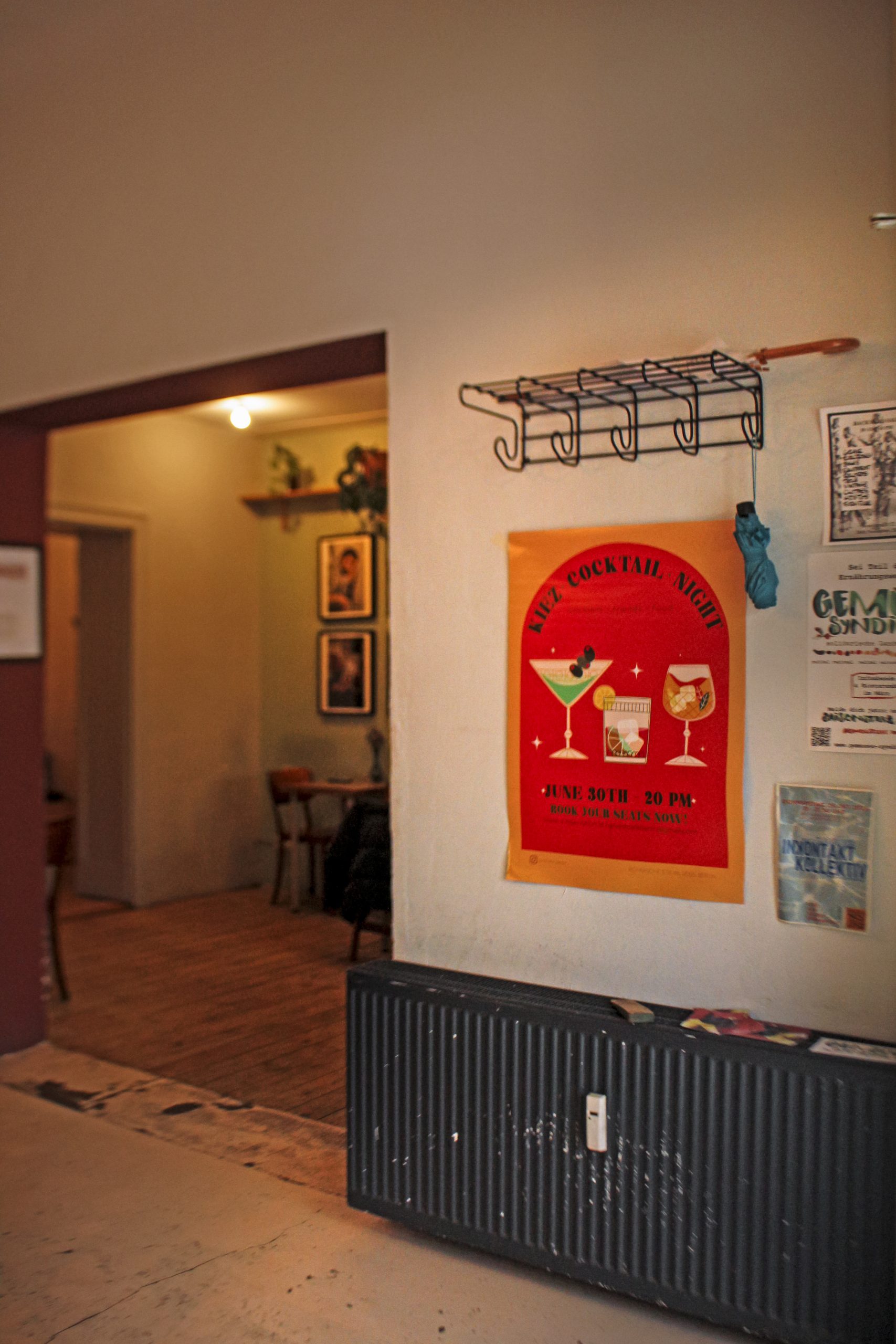
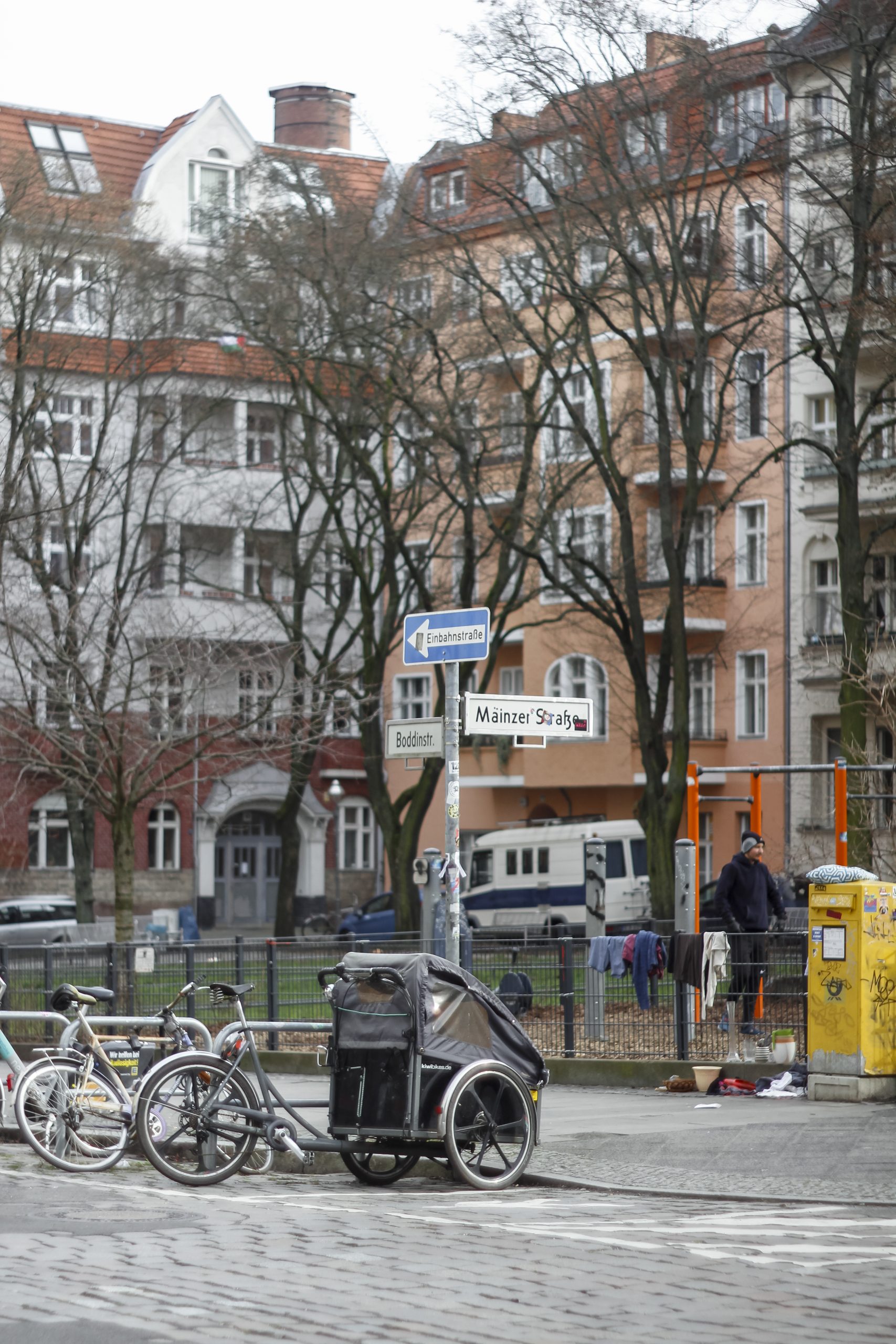
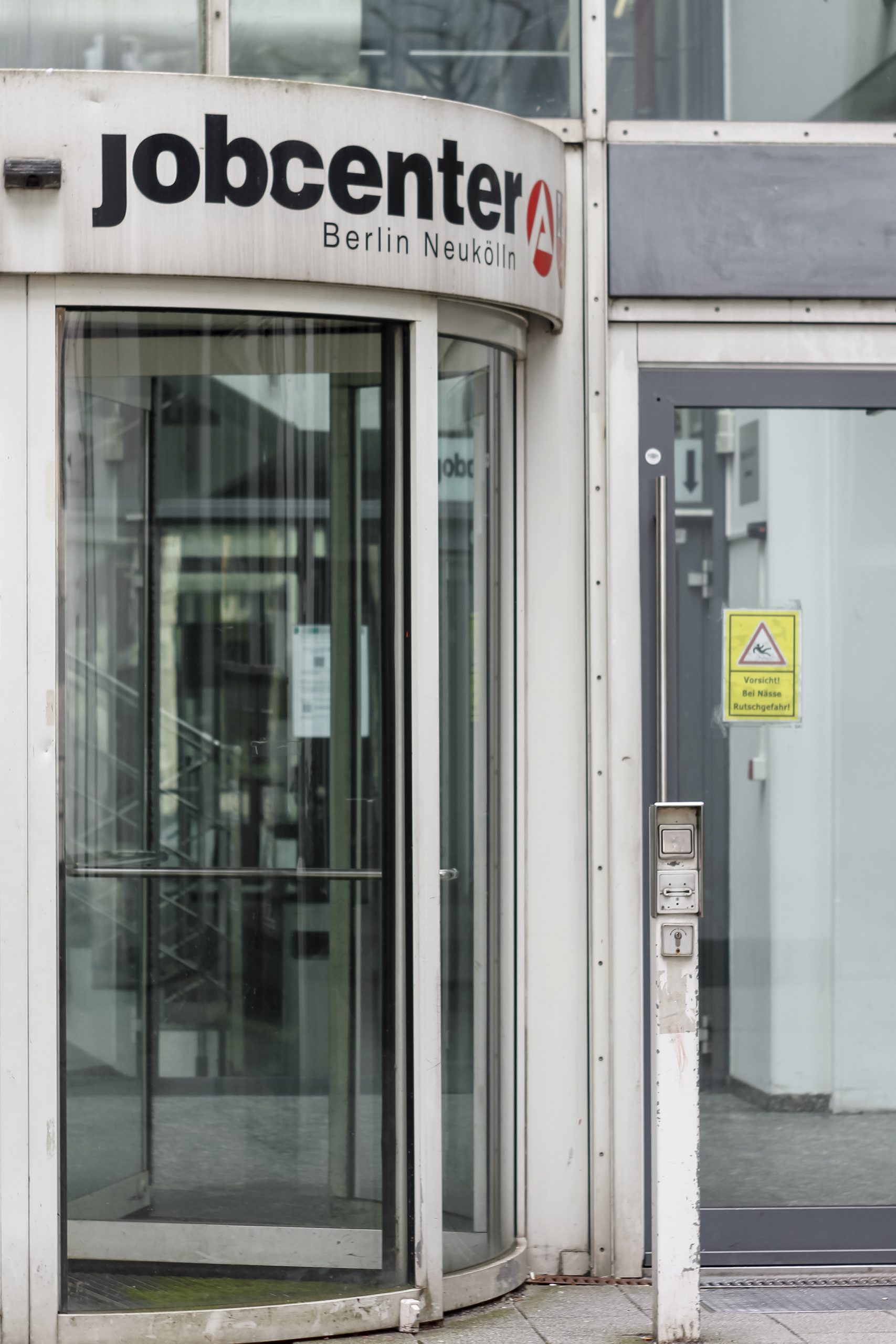
Making the Freelance Visa (Freiberufler) terms more flexible and allowing freelancers to be able to engage in long-term projects or making the process easy for them to move to a working permit visa would allow thousands of individuals to migrate from the social border in which they are now to the path of full integration. Also, developing integration programs that acknowledge that intersectionality would contribute to the eradication of gender discrimination.
In response to the appeal for more adaptable Freelance Visa conditions and enhanced integration initiatives, the impending EU elections stand as a crucial juncture. It’s an occasion for voters to influence policies that champion diversity and encourage inclusiveness, mirroring the dreams and hurdles faced by migrants such as Trinidad and Jessica. Choosing leaders dedicated to dismantling obstacles and fostering equality can significantly alter Europe’s opportunity landscape for everyone.
To make European society more inclusive, everyone must be part of the process and to make this happen you must use your voice. On Sunday 9 of June, the elections for the new EU parliament will be held in Germany. That weekend citizens throughout Europe will elect 96 Parliament members who will work for the next five years in the development of European society. To make Europe more inclusive remember to vote that weekend. The change is in your hands, your vote is crucial.
